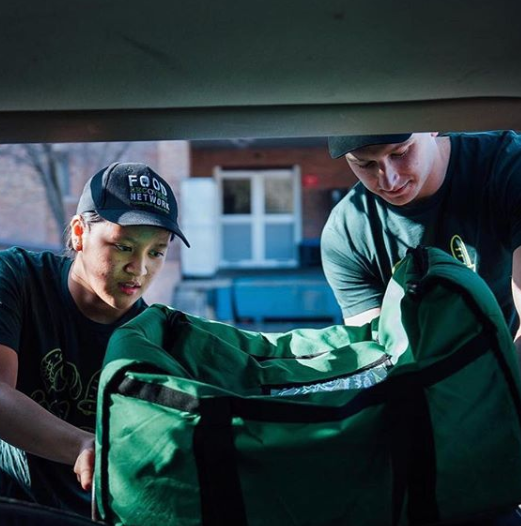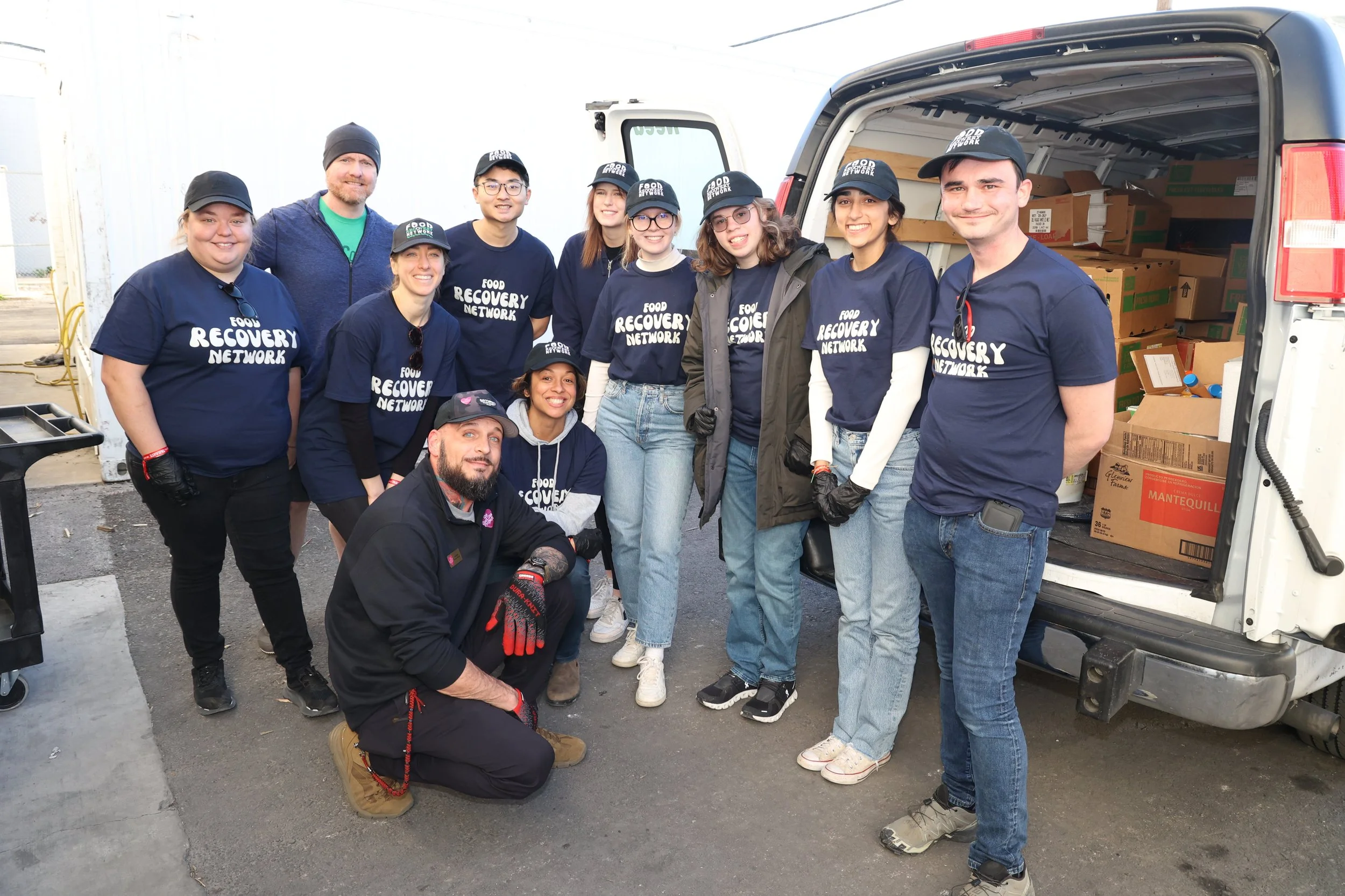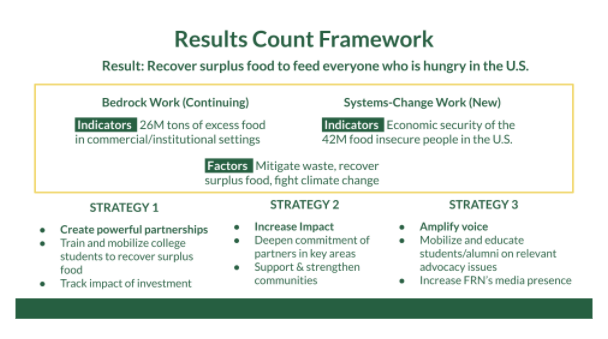“How do you reimagine the whole thing? It’s the individual and the collective efforts. You have to be grounded as an individual, even if your life is chaos. Even if the systems have made your life chaos. You can remind yourself that ease is a birthright, abundance is a birthright, this earth is a birthright.”
Framing my previous post on cultural words
In my last blog post, I shared how I approach the concept of equity and other big “cultural words” like leadership, compassion, and investment as a continuum of conversation, thought, and action. I wanted to offer this context before sharing more from my amazing conversation about equity with one of my dearest friends of 20+ years, Sara Gray, Senior Director of Communications and Marketing at the National Equity Project (NEP).
My conversation with Sara is part of my birthday equity walk, and you can learn more about my equity walk and how you can participate by reading this blog post. Sara and I discussed the cultural word equity and the many ways that this word translates into action, thought and pursuits both at her organization and as a person practicing equity. You do not have to have listened to the conversation, which you can find on my personal Instagram account, to continue reading and learning. I do recommend reading the first post in this series to help ground my thoughts and takeaways here.
Below is the first round of thoughts and resources from my conversation with Sara.
Sara and I have been friends for over 20 years, 17 of which Sara has spent at the National Equity Project.
Defining equity provides a baseline for our practice of equity
For any of us who feel like the term equity is so big and nuanced to even attempt to articulate, the National Equity Project, where Sara Gray has spent the last 17 years of her career, offers up a definition to ground us. Their definition establishes a common baseline to begin to build our equity practice, or to bring into our practice should we already be on the journey. A baseline allows us to cross-check our actions, our thoughts, and our work, and though the practice of equity is not linear in motion, the baseline definition provides a reference point to check our progress.
The National Equity Project defines educational equity as "every child receives what they need to develop to their full academic and social potential." Sara expanded this notion of equity more broadly and it is this definition that we came back to throughout our conversation: equity is the ability to get what you need when you need it.
I invite you to pause and think about this statement with me for a moment. How do you feel reading this definition? What comes to your mind at first glance? What questions do you have? Where do you agree or disagree with this definition and why? I encourage you to give plenty of space to consider this definition as you read through this post.
Who advocates for what we need when we are young?
Sara noted that within this definition, the concept of getting what you need when you need it plays around in her mind a lot, especially as the mother to two young and incredible children. Sara asked us all to look back at when we were very young: how did someone even know that we needed something? In order for someone to know that we need anything at all in the first place, Sara emphasized that “you have to be known, you have to be cared for in order for someone to know you are NOT getting what you need in this world.”
Sara reflected on her opportunity to participate in the Gifted and Talented program throughout her public school education. The Gifted and Talented program drew from a place of excellence that should be the standard for everyone. Imagine if we all pulled whatever resources it took for excellence to be the standard for every single child. Sara spoke about how all students deserve to have their interests encouraged and cultivated the way her’s were as a child. At the same time, Sara reminded us that parents who want their children to have this kind of education are fighting for that, but the system we’ve designed allows for their needs to stay unmet because of their zip code.
Much like we took a moment to pause to consider the definition of equity, I would like us all to take a collective moment to take note of our first reactions when we bring up the notion that all children deserve excellence in their educational experience as a practice in and articulation of equity. How do you feel?
For me, when I think about educational excellence as a standard, I return to the definition of love by M. Scott Peck as noted by bell hooks in their 2001 book All About Love: love is “the will to extend one’s self for the purpose of nurturing one’s own or another’s spiritual growth. Love is an act of will — namely both an intention and an action. Will also implies choice. We do not have to love. We choose to love.” When we meet the requests of all the parents whose children are not receiving the kind of educational experience they deserve and that they are asking for, then we are all in love, and we are choosing love. We are ensuring we all get what we need when we need it.
I encourage everyone to become familiar with the National Equity Project (NEP). There are resources and tools for everyone, including tools to support the healing process of adults. NEP provides tools for us to learn to take a breath, and to examine our own systems so that we can see what is causing harm, even if that harm might be benign. We all deserve the space to examine our harm if for no other reason so that we do not keep incorporating it into how we are present or our future.
Resources Part I
Throughout our flowing conversation, Sara and I mentioned many books that we turn to in our practice of equity. By learning from others who write about equity, love, systems change, hope, and design, we practice equity. Of the resources listed below, which have you heard of before? Did any of these resources make it onto your reading or “to research” list?
All About Love: New Visions by bell hooks
The Will to Change: Men, Masculinity & Love by bell hooks
Braiding Sweetgrass by Robin Wall Kimmerer
This book is on my home library shelf, but I have yet to read this. Sara noted this book is about re-indigenizing our land. If the concept of re-indigenizing our land is new to you, or if you are interested in learning more, this is a great opportunity to subscribe to podcasts, newsletters and profiles created by our indignenous communities. I always suggest The Red Nation as a starting point.
Sara noted that in Braiding Sweetgrass, Kimmerer stresses that capitalism works best within a scarcity mindset. We live within a normalized mindset that teaches us to fear that there is not enough for everyone, regardless of whether there is actually enough or not. When we act from a place of fear to get what we believe we deserve, how does that shape our thoughts? How does that shape our actions? From another perspective, when we begin to understand there is more than enough and then some for everyone, we can let go of that scarcity mindset.
In her practice to challenge the scarcity mindset, Sara reminds herself and her socioeconomic peers: you will have what you need, but it might mean you don’t have exactly everything you had before when we begin to think and act from a place of abundance. When beginning to practice the mindset that you will and do have everything you need, at first it might feel like something is being taken away from us as we reset. An abundance mindset means things cannot be exactly as they were before, and we probably really liked what we had before. We’ve been taught to act against anything being taken away from us. The practice of the abundance mindset asks us to really slow down and challenge ourselves to ask, is there something that is truly being taken away from me, or is this just different? There could be something that you like that just isn't good for the earth, or isn’t good for others around you. Sara encourages us to slow down and interrogate these things.
Sonya Renee Taylor is the Founder and Radical Executive Officer of The Body is Not An Apology and an award-winning poet, activist, author and leader. Sonya reminds us that “normal never was”. When we think about coming out on the other side of the pandemic, what does that look like? The racial unrest that so many of us have felt our whole lives, or the status quo that was harmful, never felt normal to us, but to the “dominant caste,” as Isabel Wilkerson notes, it felt quite normal. As we decide what “normal” looks like, we have an opportunity to include more voices and perspectives to center those our system design has harmed and ignored.
Nikole Hannah Jones is a Pulitzer Prize winning investigative journalist and recently filled the newly created Knight Chair in Race and Journalism at Howard University. In any equity journey, I believe that becoming familiar with the work of Nikole Hannah Jones is critical. In her own words on her website, Jones says, "I see my work as forcing us to confront our hypocrisy, forcing us to confront the truth that we would rather ignore.”
Paid Leave for All is a national nonprofit that is fighting to ensure that all of us can take time off from work when we need to take care of ourselves, our children, our parents or others we are responsible for without fear of losing wages. Personally, for years I worked shift positions and had low-paying work, and taking time off for being under the weather seemed like a luxury. The struggle, stress, and hardship lived each day by anyone who has to go to work or face zero dollars in their wallet is real. I can attest to that, and it brings me back to our definition of equity that I want to be a reality for everyone: may you get what you need, when you need it.
I hope you found this first set of resources thought-provoking, helpful, and maybe even a little challenging. I am inspired by Sara who challenges her own thoughts about system designs and does the work to consider how we can truly shift to an abundance mindset.
I have one more blog post planned that will wrap up my conversation with Sara. In the meantime, a reminder that this set of content is a complement to my Birthday Equity Walk. The purpose of this content is to share more about equity and I want to tie that back directly to Food Recovery Network. My goal is to activate enough monthly donors to get to $1,000 / month in recurring donations, which will help underwrite part of FRN’s employer-paid health insurance costs. You can learn more about my Birthday Equity Walk by reading my LinkedIn article.
With love,
Regina
PS. I want to leave everyone with the imagery that Sara discussed within the concept of Freedom Dreaming (my next blog post will share more). Sara brought into the conversation the work of her incredible colleague at NEP, Brittnee Meitzenheimer, and recommended reading a blog post Brittnee wrote on the topic of Freedom Dreaming. Brittnee’s thoughts led Sara to share the following: “A world full of ease, a world full of easeful things. And you know what easeful is because you know when you feel it, and you know when you don’t feel it. Everyone deserves an easeful life- not an easy life, but we deserve a system that allows things to function with ease.”











